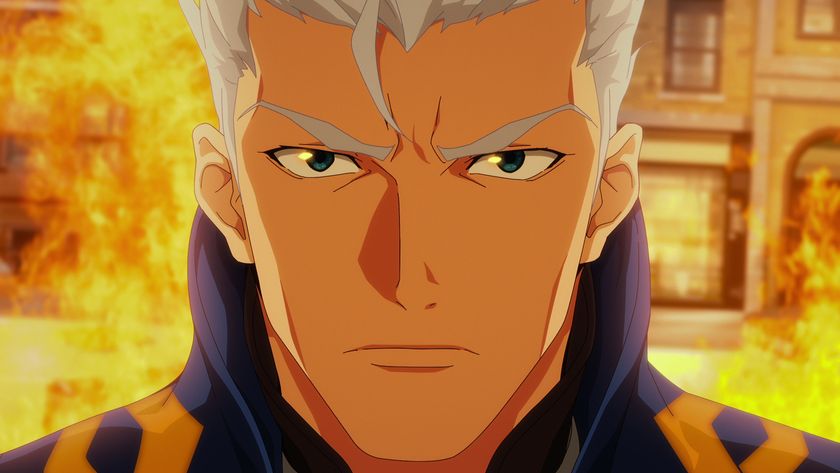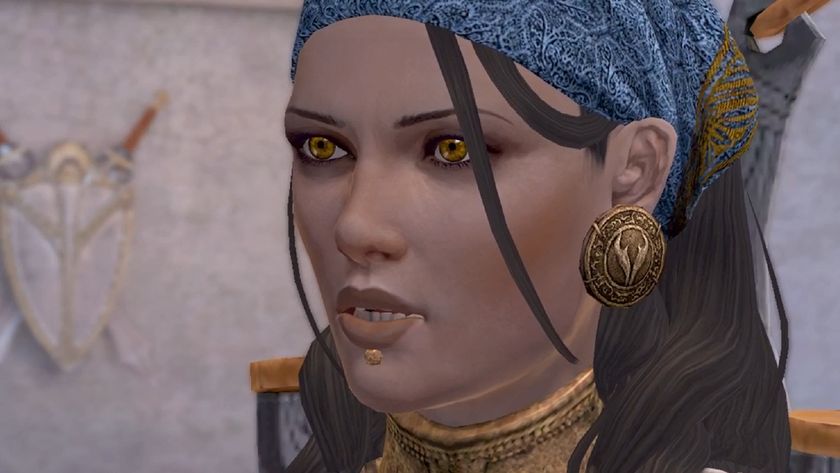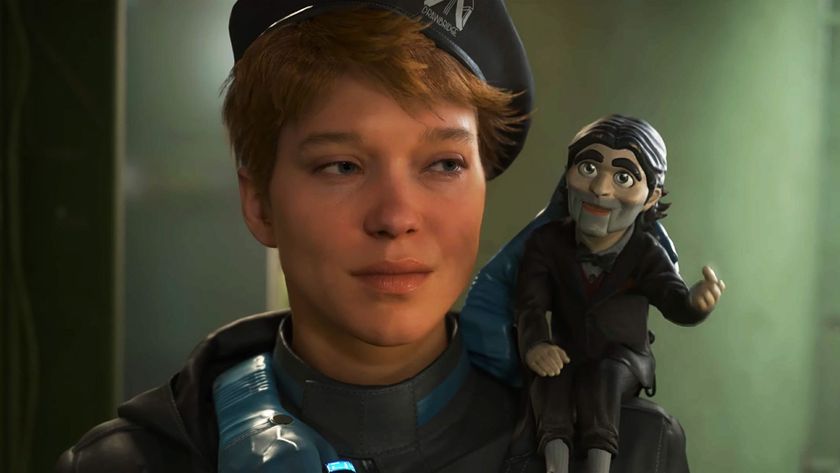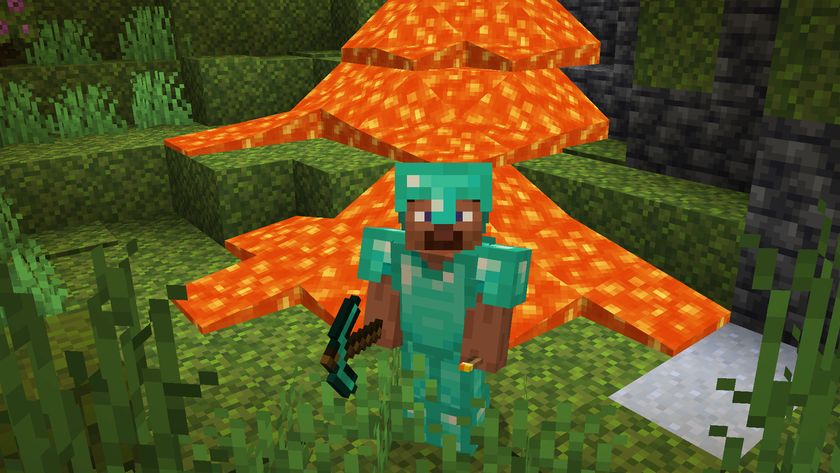Destiny of Spirits, Sony's F2P Vita battler, will shut down after 15 months
Destiny of Spirits, Sony Computer Entertainment's free-to-play collect-and-battle game, will shut down after just 15 months online. The PS Vita exclusive will end service on June 30, and all premium currency Destiny Orbs purchased by players will expire - in other words, spend 'em if you got 'em.
Destiny of Spirits lets players collect figures from across mythologies, build up parties for turn-based battles, and fuse spirits into even more powerful creations. Your real-life location determines what kind of spirits you can summon with earned currency, but you can also expend Destiny Orbs to find and merge more powerful spirits, heal your party, and do other helpful stuff.
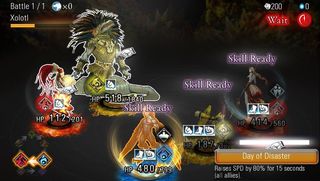
SCE says Destiny of Spirits has been downloaded more than a million times in the year since its release. It's a shame that wasn't enough to keep the lights on, but I'm more concerned for all the players who supported it with in-game purchases, expecting it to be around for years (plural).
Like many F2P games, Destiny of Spirits offers bulk discounts on its premium currency - 10 Destiny Orbs cost $.99 (about 10 cents per orb), while 1000 orbs cost $49.99 (about 5 cents per orb), with a bunch of deals in between. The pricing structure encourages players to buy more orbs up front, get a better value, and not worry about running out when their party needs some healing down the line.
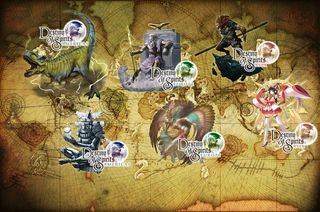
But that doesn't do you much good if you never get the chance to use the orbs. Once Destiny of Spirits shuts down on June 30, all the cash spent on unused orbs will basically become a charitable donation to Sony (and you can't even write it off on your taxes). Though the alternative - burning through your reserves in a tearful blitz, knowing whatever you accomplish will be wiped away in a few months - isn't much better.
Destiny of Spirits' early demise points back to a bunch of difficult questions which were already circling games-as-a-service. At what point is it reasonable to shut a game down? What responsibilities do companies have to players before and after ending the service? When, if ever, should players be entitled to refunds on their purchases?
Microtransactions for premium currency are still a perfectly valid way for games to make money. But until those questions are answered, all those 'great deals' on piles of Gems, Diamonds, and Orbs seem a bit less tempting.
Sign up to the 12DOVE Newsletter
Weekly digests, tales from the communities you love, and more
I got a BA in journalism from Central Michigan University - though the best education I received there was from CM Life, its student-run newspaper. Long before that, I started pursuing my degree in video games by bugging my older brother to let me play Zelda on the Super Nintendo. I've previously been a news intern for GameSpot, a news writer for CVG, and now I'm a staff writer here at GamesRadar.
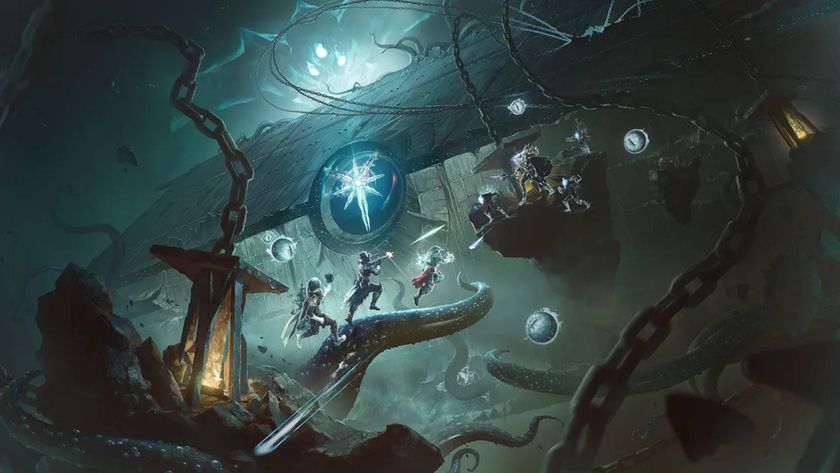
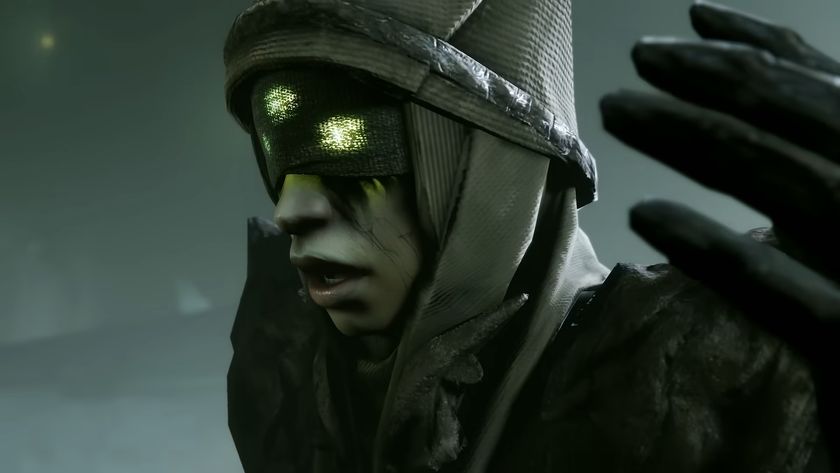
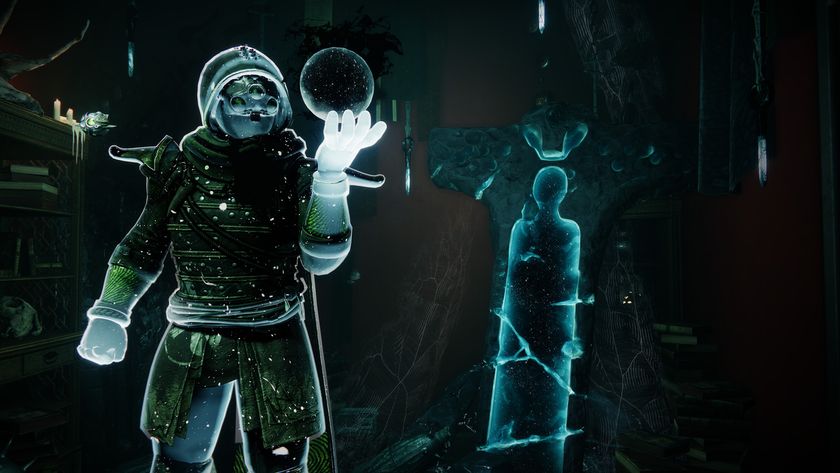
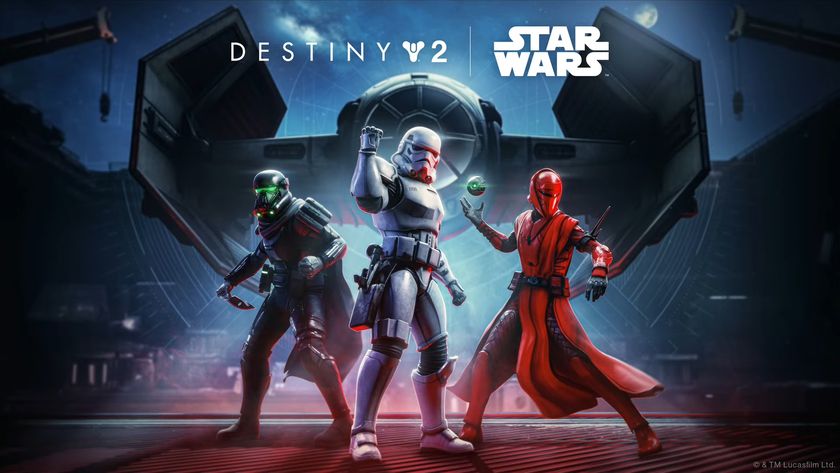
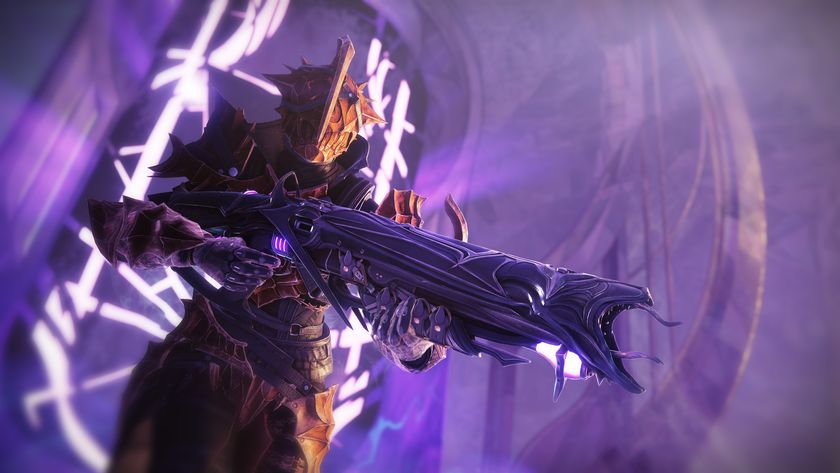
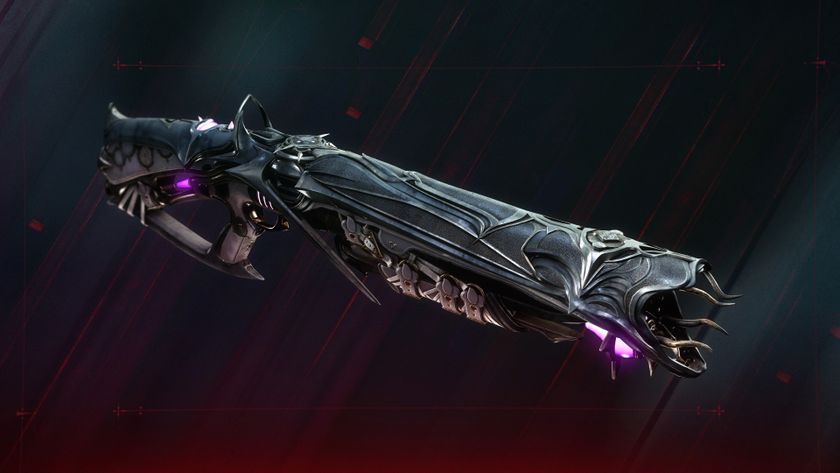

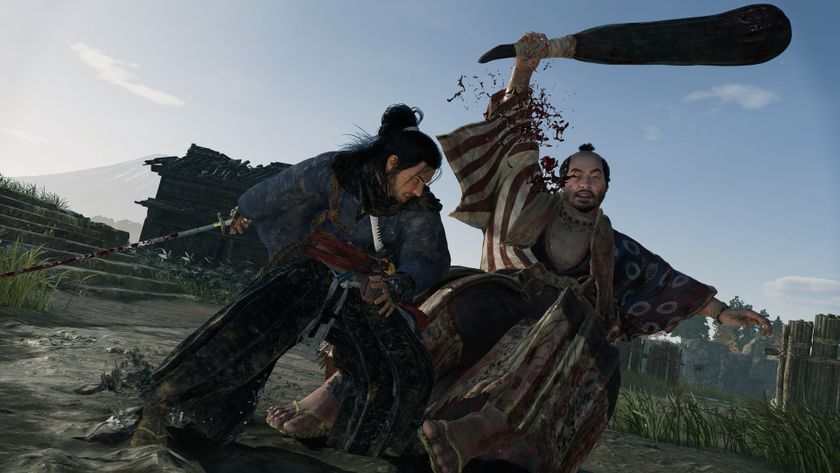
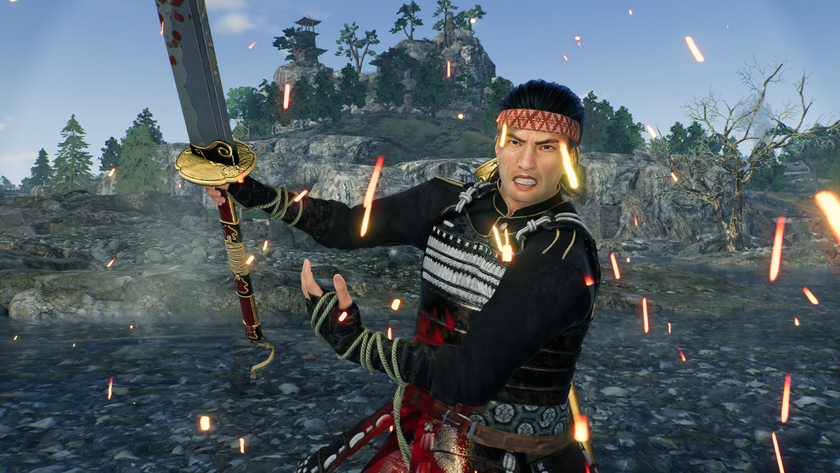
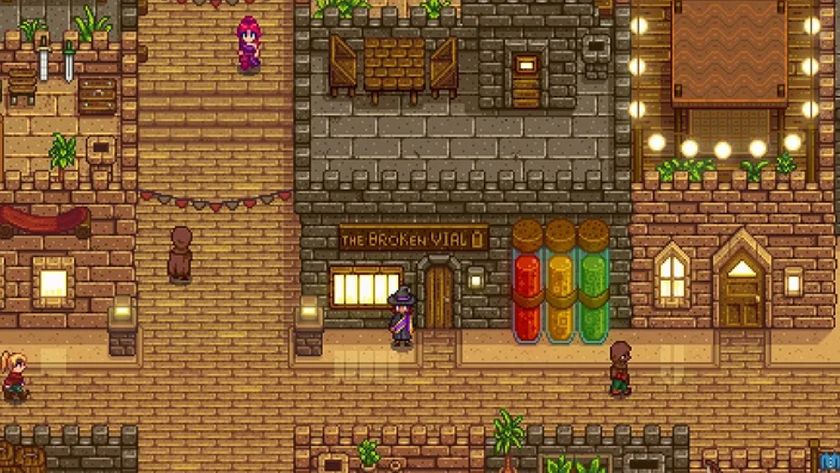

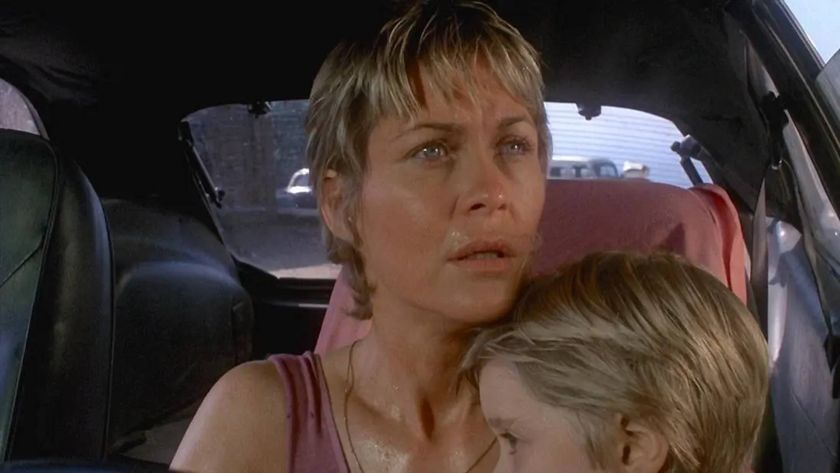

"A fun example of a bug becoming a feature": Destiny 2 accidentally made Exotic Glaives free to all classes, and Bungie says "we're going to let this ride"

Destiny 2's new Episode suggested the upcoming Apollo expansion will launch on July 15, but that date has mysteriously been scrubbed from the game


